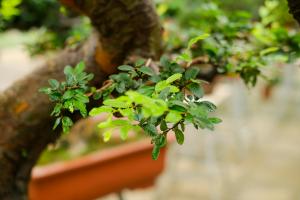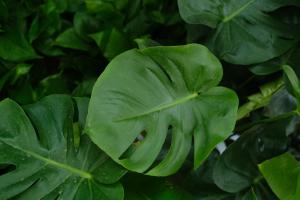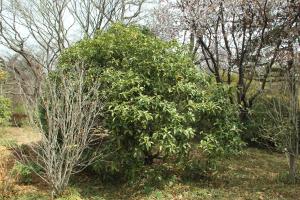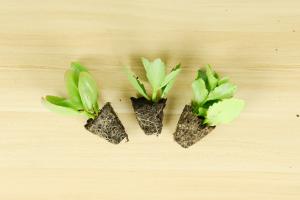How Do Plants Drink Water Experiment
Plants are a crucial part of our ecosystem and play a significant role in our lives. Plants, just like all living organisms, need water to survive and grow. The process through which plants absorb water from the soil and use it for their growth is known as transpiration. In this experiment, we will explore how plants drink water and the factors that affect this process.
Materials Required
A potted plant
A transparent plastic bag
A rubber band
1. Choose a potted plant that has been growing for at least a few weeks. 2. Water the plant thoroughly and wait for a day for the soil to absorb the water. 3. Cover the plant with a transparent plastic bag and secure it with a rubber band. Make sure that the plastic bag covers the whole plant. 4. Place the plant in sunlight or under a light source. 5. Wait for a few hours and observe the plastic bag for any condensation. After a few hours, you will notice that the plastic bag has condensation inside it. This condensation is the result of transpiration. Plants absorb water from the soil through their roots and transport it to their leaves, where it is then released into the air through small pores called stomata. The water that is released into the air mixes with the air's humidity and condenses on the plastic bag. This process is called transpiration. The more water a plant absorbs, the more transpiration occurs. Several factors affect the rate of transpiration in plants. These factors include temperature, humidity, light, wind, and the moisture level of the soil. The rate of transpiration is generally higher in warm, dry, and windy conditions as compared to cool, humid, and still conditions. In addition, plants with more extensive leaf surfaces, like trees, transpire water more quickly than plants with smaller leaves, like herbs. This experiment shows how plants drink water and how the process of transpiration works. Understanding this process is vital for our ecosystem as plants play a vital role in cleaning the air, reducing greenhouse gases, and providing us with food and medicine. By conducting this experiment, we can observe the amount of transpiration that occurs in plants and understand how different factors affect this process.Experiment Procedure
Observations
Factors Affecting Transpiration
Conclusion

 how many times do yo...
how many times do yo... how many planted tre...
how many planted tre... how many pine trees ...
how many pine trees ... how many pecan trees...
how many pecan trees... how many plants comp...
how many plants comp... how many plants can ...
how many plants can ... how many plants and ...
how many plants and ... how many pepper plan...
how many pepper plan...

































